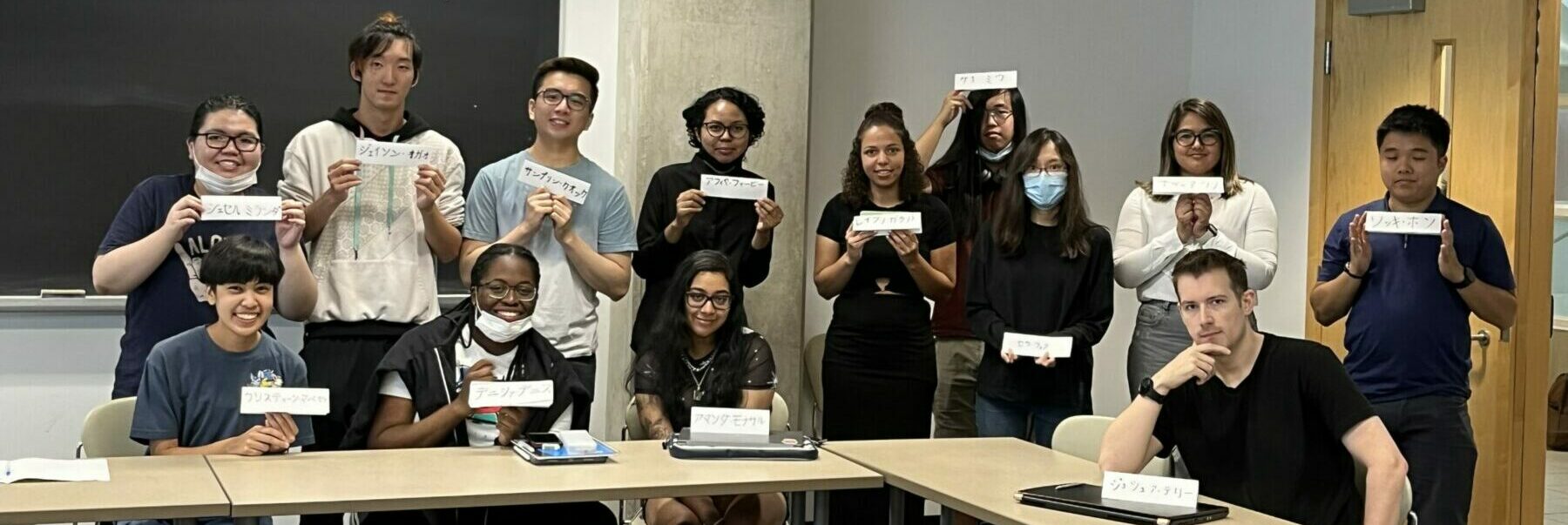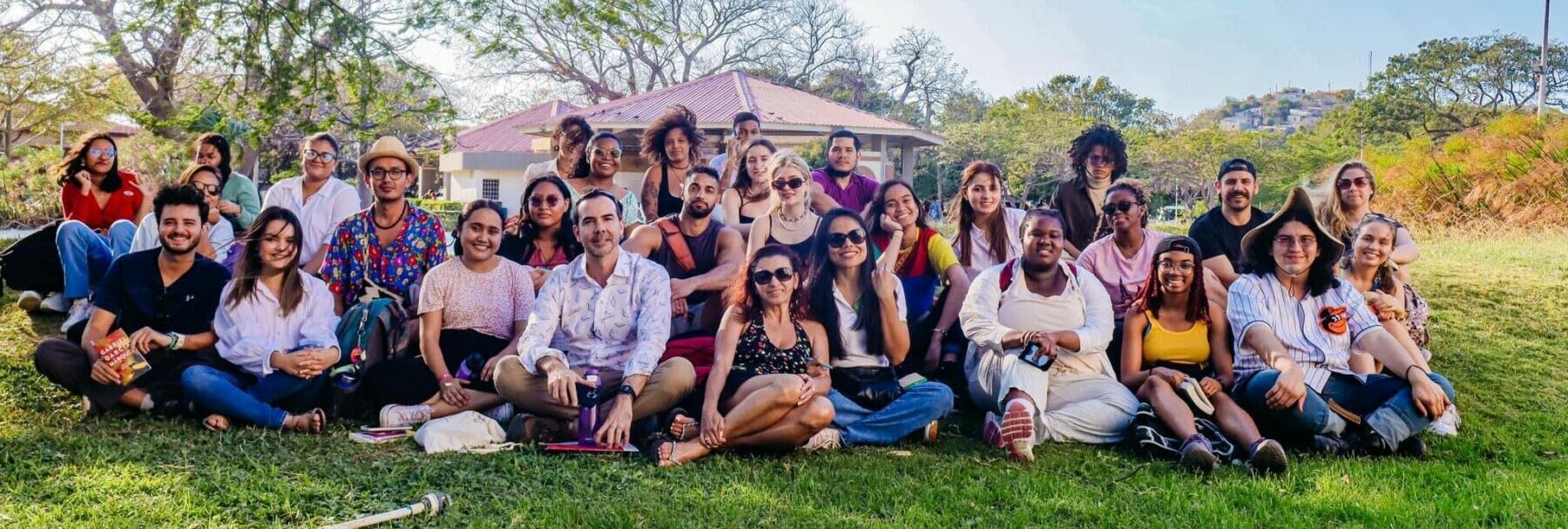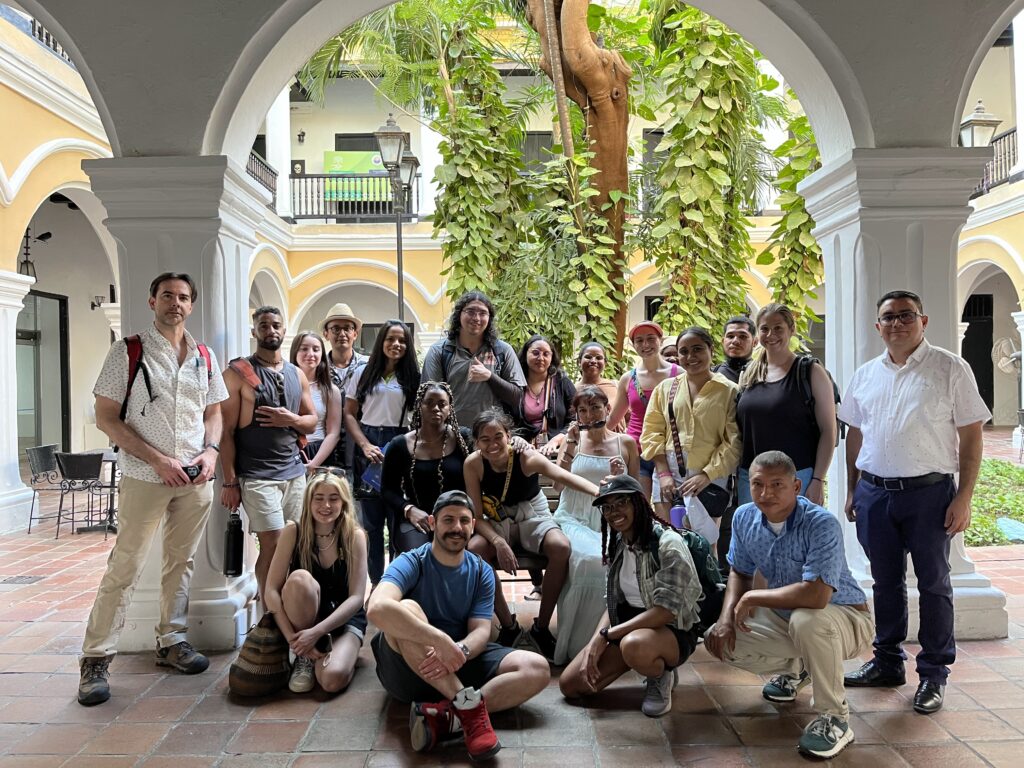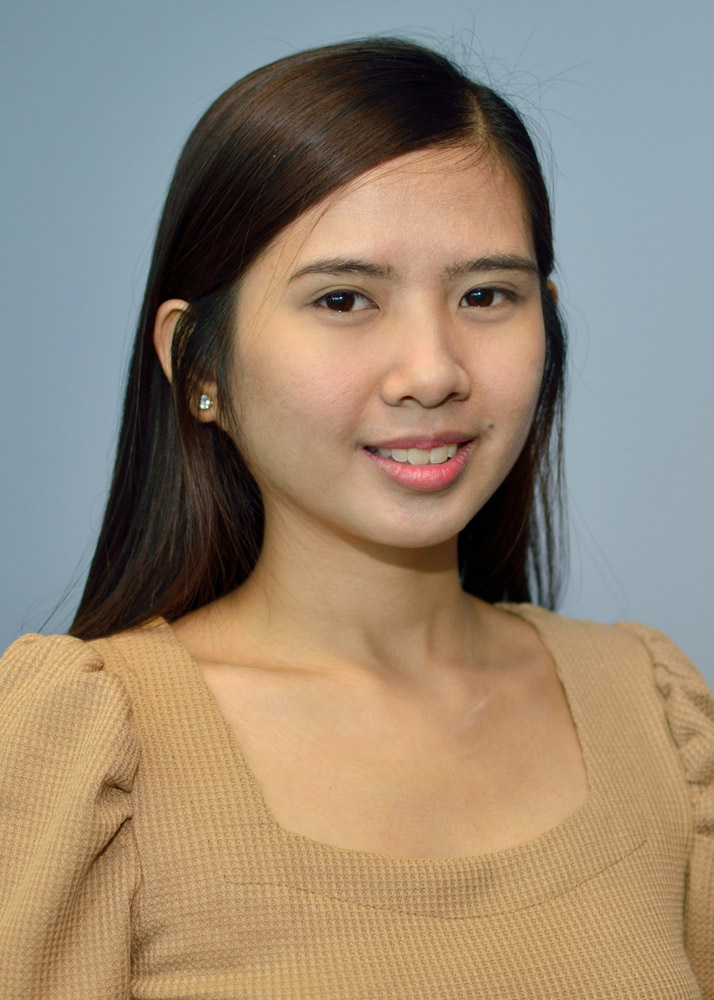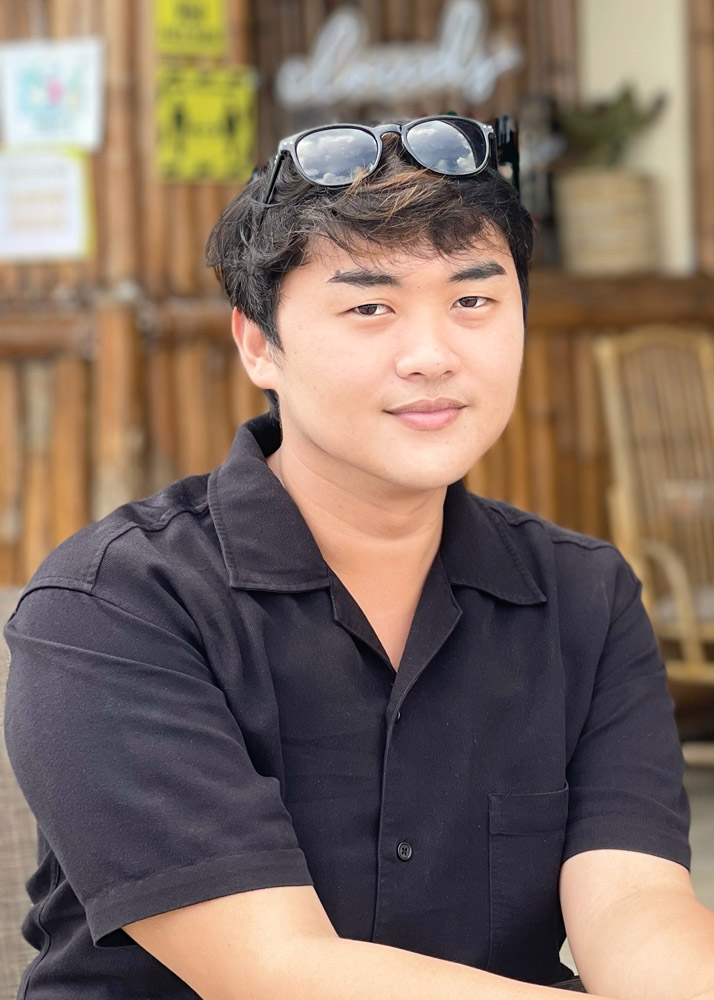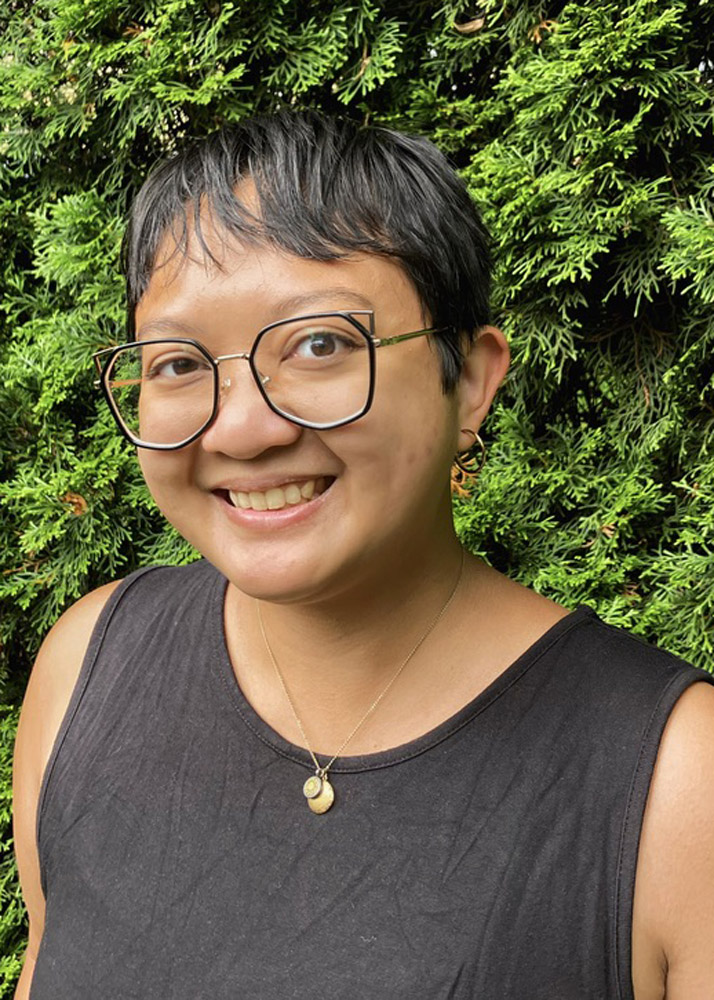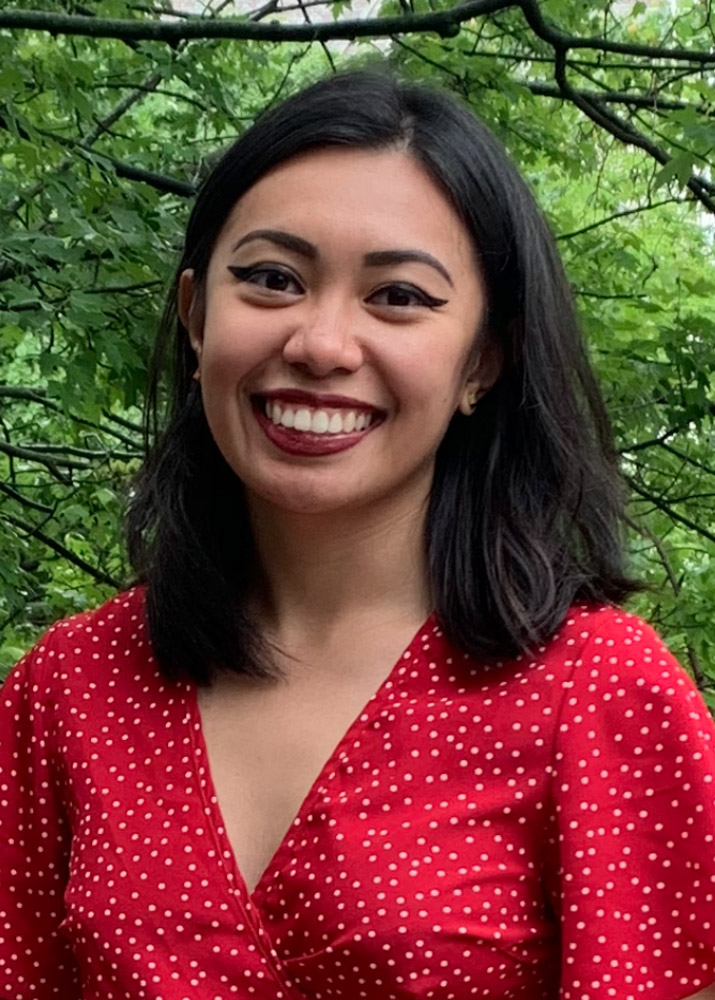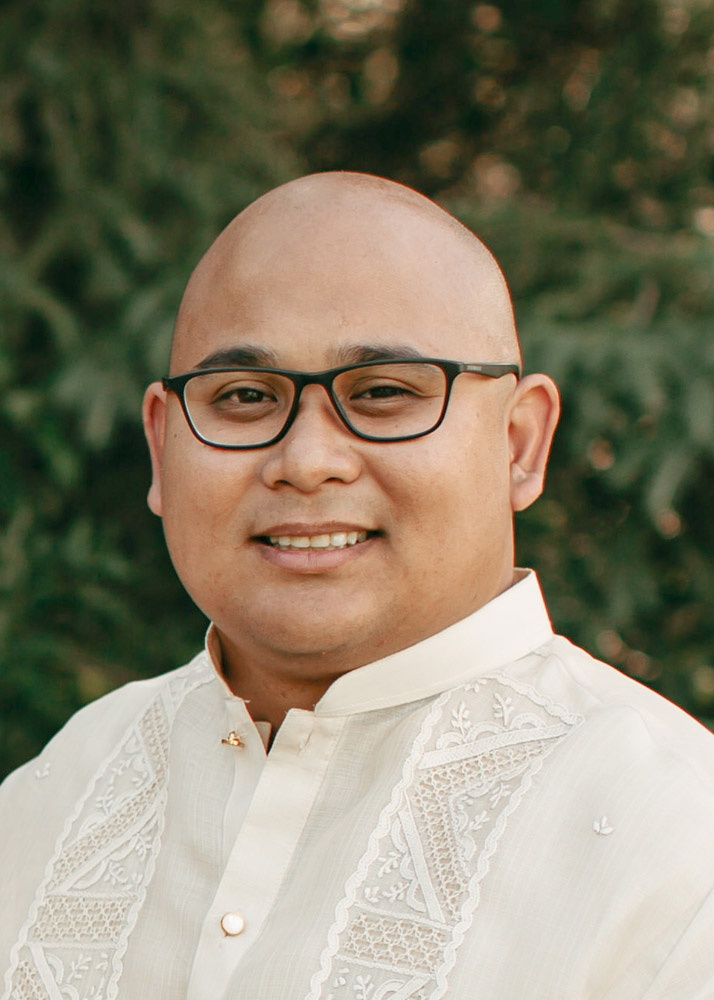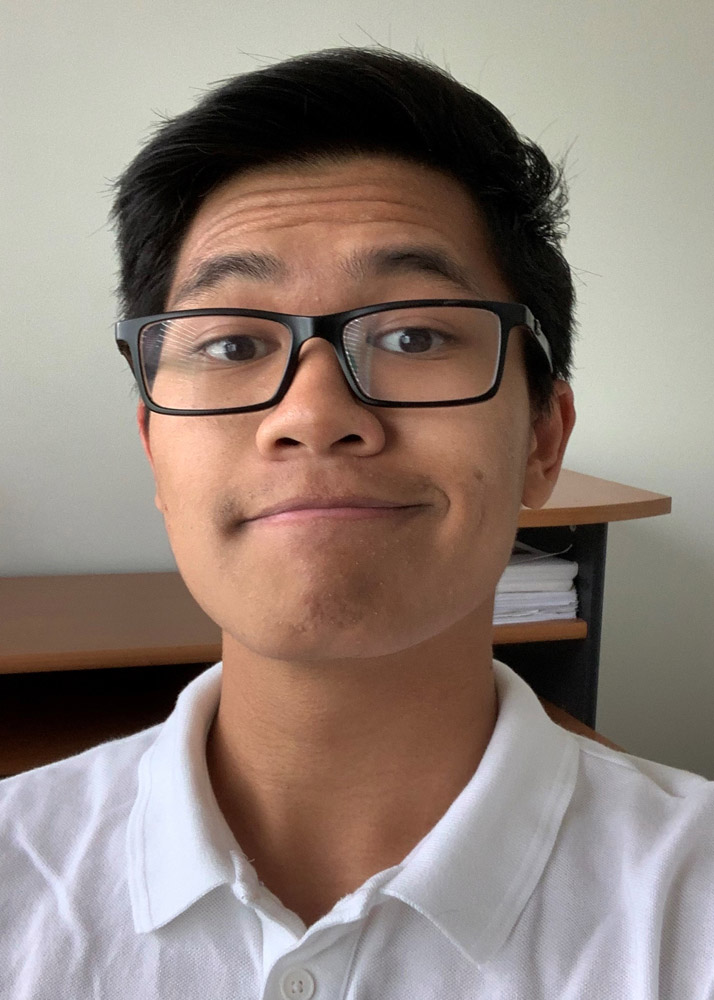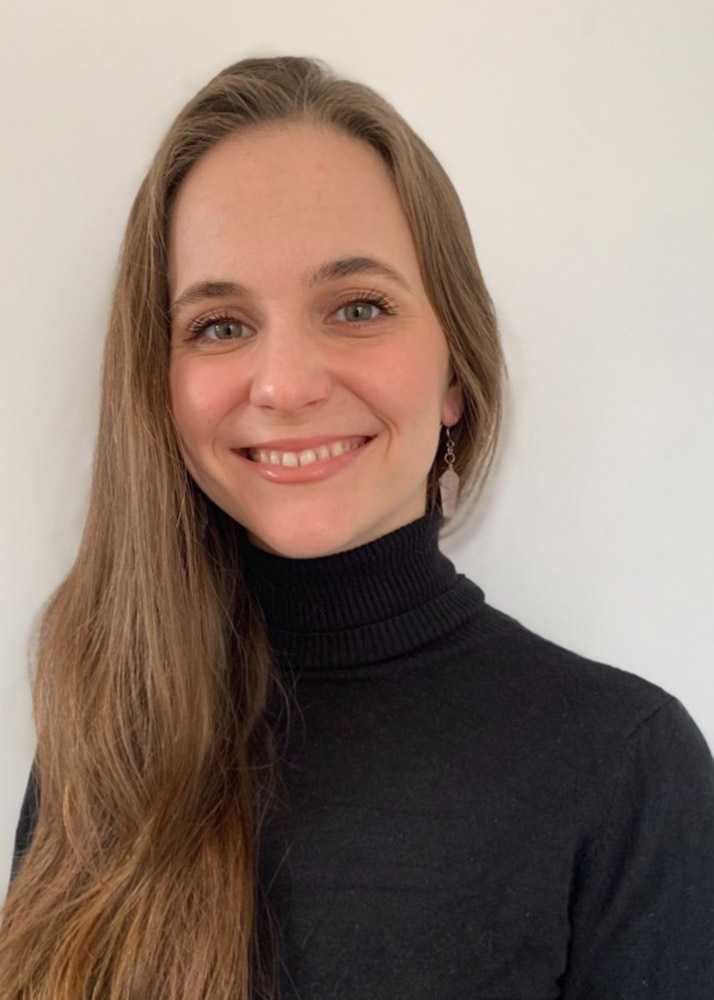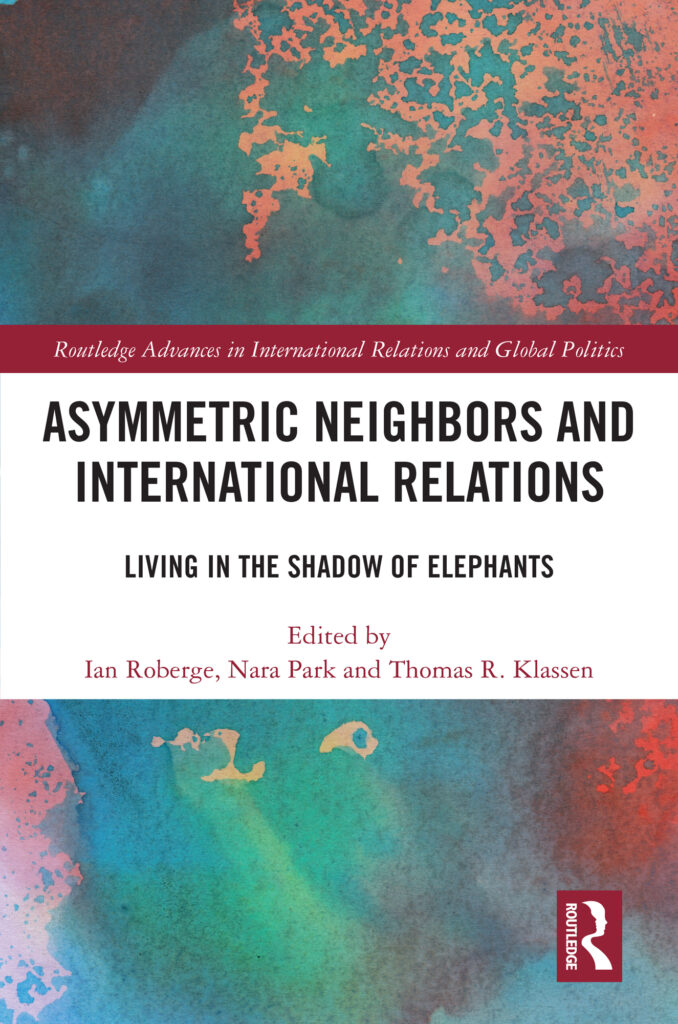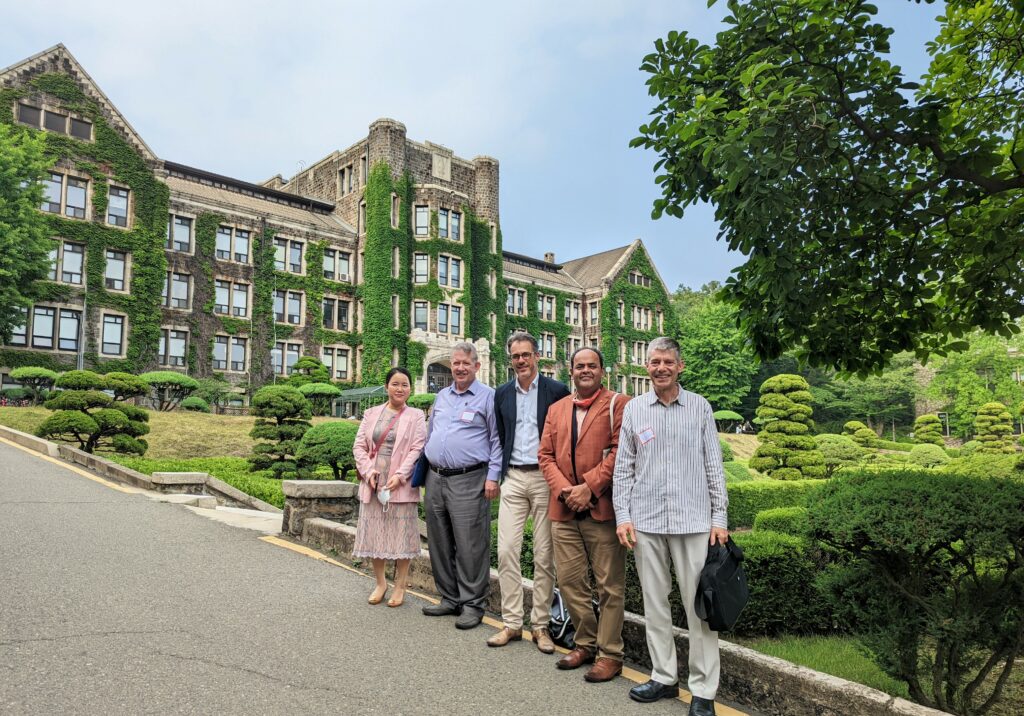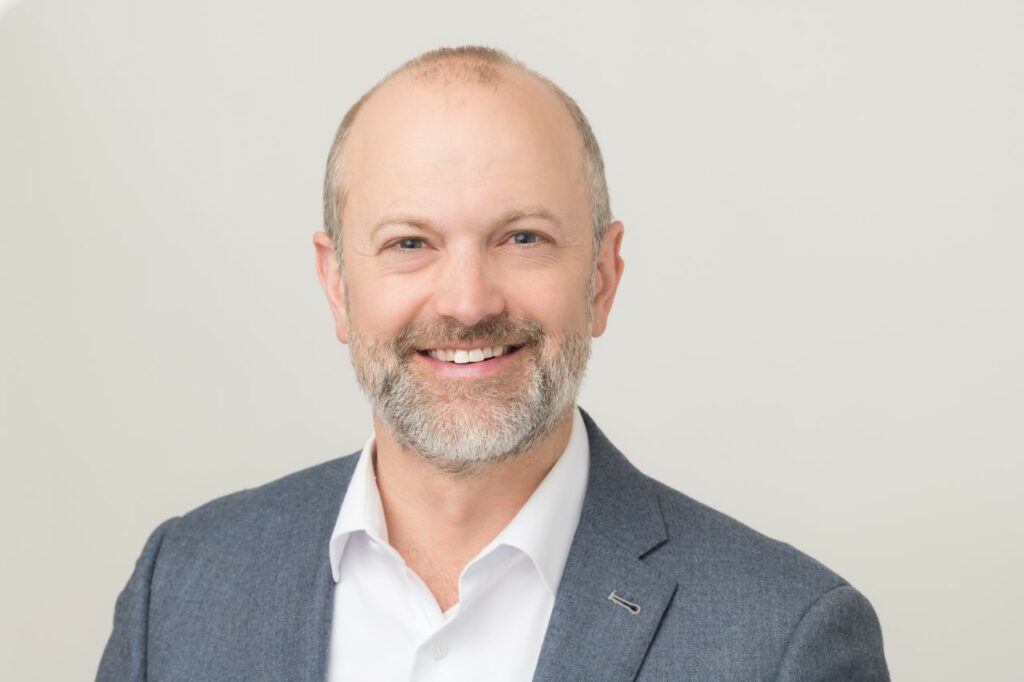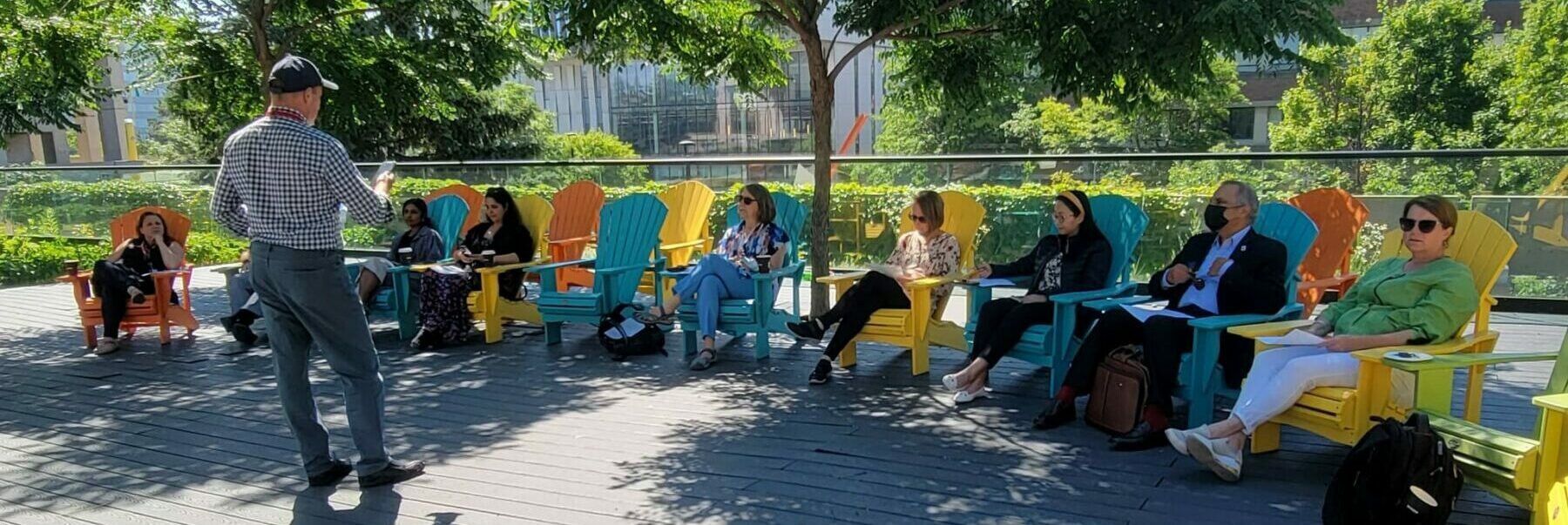By Elaine Smith
A new course at York University offered Japanese language students an opportunity to connect with a group of pen pals in Japan.
Intermediate Written Communication in Japanese (JP2010) is a full-year elective that focuses solely on writing, says Noriko Yabuki-Soh, an associate professor in the Department of Languages, Literatures and Linguistics. And, no wonder.
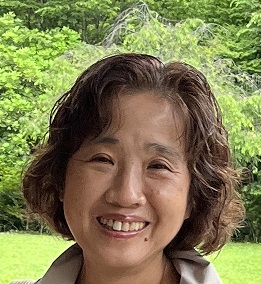
“Learning to write in Japanese takes time because there are three different writing systems which also incorporate Chinese characters,” she said.
Yabuki-Soh was eager to connect her students with the Japanese community through their writing as a way of ensuring the students had an authentic experience and learned some of the colloquial expressions commonly used in Japan today. She turned to York International, experts in globally networked learning (GNL), for assistance. GNL is an approach to teaching, learning and research that enables students, faculty and non-academic researchers from different locations around the world to participate in, and collaborate on, knowledge-making processes and concrete research projects.
York International connected Yabuki-Soh with faculty at York partner universities and she found an interested colleague, Professor Jin Abe at Hitotsubashi University, a Tokyo-based national university and York University exchange partner.
To interest Japanese students in taking part, Yabuki-Soh created a recruitment poster and promotional video. Not only did local students apply; there were responses from students from other countries who were studying at Hitotsubashi, as well as Hitotsubashi students studying on exchange programs in other countries. Sixteen students joined the program to work with Yabuki-Soh’s class, which also had 16 students.
“It was a very diverse group with students from all over the world,” she said. “It was good for our students to work with other people their own age who had similar interests.”
The two groups interacted every two weeks throughout the course through various writing projects and using Google Docs. For example, Yabuki-Soh assigned her students to write opinion pieces for posting online on topics that interested them, providing samples in Japanese newspapers for guidance, and their Japanese peers would comment about the ideas put forward.
“We’d review opinion pieces together in class, ensuring they understood the grammar, and I’d lecture about the writing style appropriate to the task,” she said. “Posting the pieces to Google Docs worked well, given the 14-hour time difference. The Japanese students could comment at any time of day.”
For another project, Yabuki-Soh paired each York student with a Japanese student, provided them with a list of questions and asked them to interview each other about the city where they lived or the town where they grew up. The York students were required to create an essay about their partners using the proper format for quotes. The York students also used the content for their final course essay, comparing their own hometown to their partner’s.
“They learned a lot about each other,” Yabuki-Soh said.
While class interaction was confined to Google Docs, students who expressed an interest in sharing their email addresses had the opportunity to connect individually with their overseas counterparts.
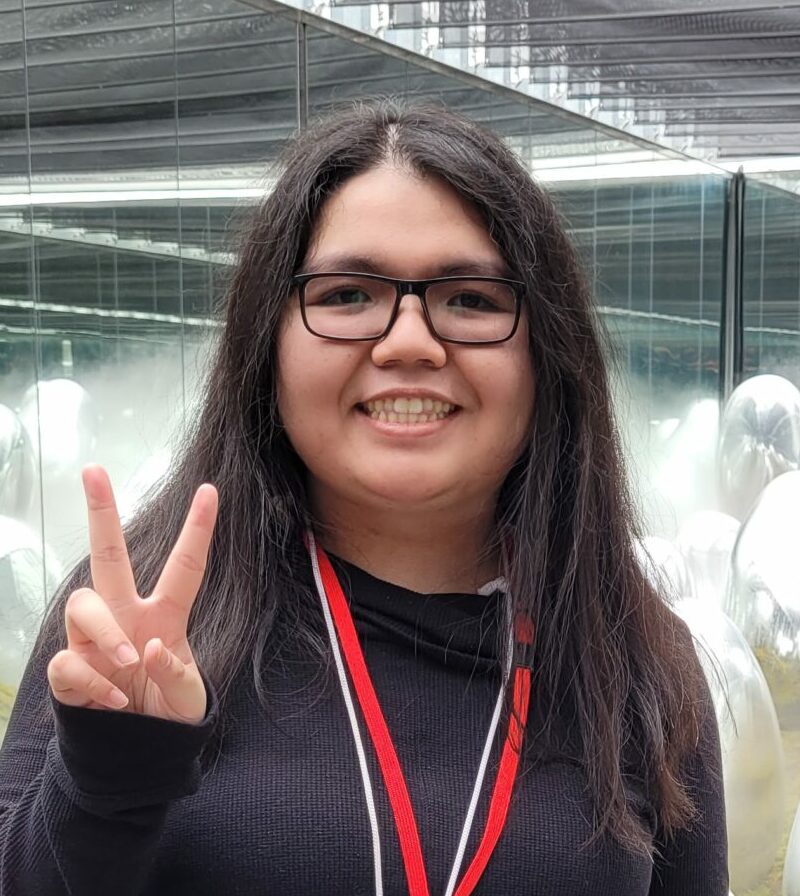
Jessell Miranda, a graduating economics major, said she studied both Korean and Japanese because she loves the languages. With no advanced Japanese class offered during the winter semester, she opted for the writing course.
“I don’t want to lose what I’ve learned, and I wanted to test my understanding of the language,” Miranda said. “It was really fun and enjoyable, because we were communicating with people from our own age group, not simply talking to the professor.
“I feel more confident about writing as a result, but I also realize how much more there is to learn.”
Risha Pelchat, a fourth-year translation major at Glendon College, called the class “amazing.”
“It gave me the chance to apply what I’ve learned in real life,” she said. “In addition to being able to apply Japanese in a real-life situation, I was able to deepen my cultural understanding. Moreover, the Japanese students were from the same generation and relatable, which made our interactions especially enjoyable.
“The course was invaluable. It took my Japanese to another level. Now, I can write and be confident that people will understand what I’m saying in just about any situation.”
Lisa Endersby, the educational developer from the Teaching Commons who assisted with the GNL portion of the class, added, “GNL is a powerful, practical model for faculty to engage in the same experiences they hope to share with their students – meaningful collaboration, cross-cultural learning and academic work to impact timely, global issues. The faculty I support in GNL projects often share how these experiences are uniquely impactful for their students’ personal and professional development, connecting them to people and places they may have previously only read about.”
For more information on JP2010 and other JP courses, visit the Japanese Studies Program website.
York faculty members interested in exploring a GNL project with a partner overseas can connect with Shirley Lam and Helen Balderama through gnl@yorku.ca.


